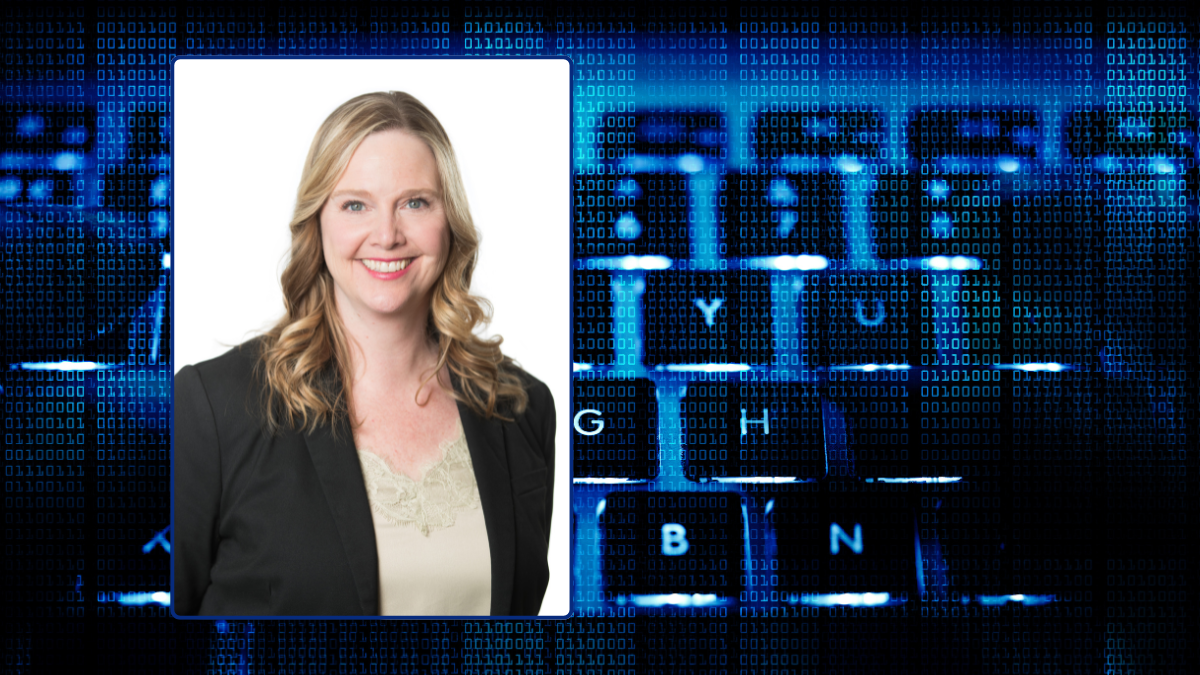Professor Laidlaw has built her academic career on digital technologies, media law and business and human rights. She is the Canada Research Chair in Cybersecurity Law and an Associate Professor of Law at the University of Calgary, where she teaches courses in internet law, privacy, and cybersecurity. She also serves as Ethics Advisor to the City of Calgary.
In this role, she will teach a new, for-credit course on hate speech entitled Social Justice Law: Freedom of Expression and Online Hate - CML3112 B00. The course will offer law students a rigorous, skills based, and nuanced exploration of the intersection between harmful expression and freedom of speech in Canadian law.
“We are delighted to welcome Professor Laidlaw to our community and deeply grateful to the Rovinescu family for their generous support of this important initiative,” said Dean Kristen Boon, the Susan & Perry Dellelce Dean of the Common Law Section. “Professor Laidlaw’s leadership in addressing the complex challenges of hate speech on online platforms, while safeguarding fundamental freedoms, will bring an important perspective and skill set to our students.”
“One of the reasons I was so interested in teaching this course is that it has become clear to me that there needs to be better understanding of what freedom of expression means in a Canadian context,” said Professor Laidlaw. “My hope with a course like this is that we can train lawyers to understand doctrine in granular detail… but also to train them to be leaders.”
Crucial conversations
Laidlaw’s research addresses the legal responsibilities of online platforms, intermediary liability, and the rise of algorithmically amplified speech. Her classroom, however, is more than a venue for technical instruction—it’s a space for cultivating civic leadership in a time of intense polarization and digital transformation.
“Universities are supposed to be places where you talk about the hard things,” she explained. “Freedom of expression has always been a central component of my focus—how you wrestle with these enormous issues of the importance of expressing ourselves and our role in democracy. But what we're also seeing now is technology interfering with our ability to form independent thought, and the weaponization of expression to cause tremendous harm.”
The course will challenge students to consider not only what the law is, but what it should be. While Canada's hate speech laws set a high bar for what is considered illegal expression, Laidlaw draws attention to a critical grey zone.
“There is so much that doesn’t rise to the level of hate speech, legally. We know it is harmful, but it’s also legal. So, what do you do about that? That’s a question I spend a lot of time working through.”
Legal Doctrine Meets Policy Innovation
Professor Laidlaw is an advocate for holding social media platforms accountable.
“Part of what online platforms should be accountable for is both safety and the protection of freedom of expression. That means having systems in place, backed by laws that mandate transparency and corporate accountability—not just leaving it up to the companies to do what they want.”
This policy nuance, weighing platform accountability against the risk of censorship, is precisely what makes Laidlaw’s voice so vital at this moment.
Laidlaw joins a faculty deeply engaged in national conversations on technology, rights, and the digital public sphere.
“The Common Law Section is a global leader in grappling with the complex challenges posed by the online environment. Professor Laidlaw is widely recognized a global leader in the field and will provide students with a unique opportunity to work toward reconciling freedom of expression with anti-hate safeguards,” said Professor Michael Geist, Canada Research Chair in Internet and E-Commerce Law.
Training the Next Generation of Leaders
Ultimately, Laidlaw sees her new role as both a teaching opportunity and a civic responsibility.
“Lawyers help draft policies, write legislation, and litigate the cases that define our rights,” she said. “They can be key voices of reason and debate. Being part of training students to be leaders in that space is what attracted me to this fellowship.”
As hate-fueled rhetoric increasingly shapes online and offline spaces, Professor Laidlaw’s presence at uOttawa signals a bold investment in legal leadership, informed debate, and a more just digital future.
Her appointment will involve a public event, student mentoring and community dialogue.
